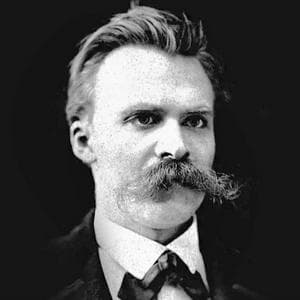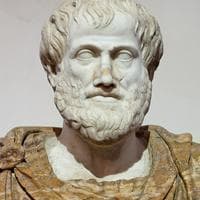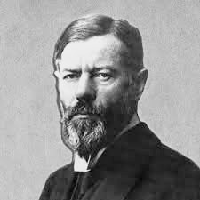Max Weber MBTI Personality Type
Personality
What personality type is Max Weber? Max Weber is an INTP personality type in MBTI, 5w4 - so/sx - 548 in Enneagram, RCOEI in Big 5, ILI in Socionics.
Dominant: Introverted Thinking (Ti): Weber's life's work resonates profoundly with the essence of Introverted Thinking. His approach to sociology and social action was not merely analytical but also deeply introspective. He championed a method of understanding the world that wasn't based on mere empirical observation but grounded in a framework of meticulous logic and systemic reasoning. This illustrates a quintessential manifestation of Ti at its most effective - insightful, thorough, and consistent. Auxiliary: Extraverted Intuition (Ne): Weber's intellectual prowess was not confined to the realm of introspective analysis. His Extraverted Intuition lent a breadth and depth to his thinking, enabling him to perceive and explore a vast landscape of possibilities. Weber's assertion of multicausality, his innovative concepts, and his ability to create meaningful connections across diverse disciplines all bear the hallmark of a strong Ne function. Tertiary: Introverted Sensing (Si): Weber's nuanced use of Introverted Sensing is evident in his focus on understanding and interpreting the world over mere empirical recitation. His body of work suggests an ability to recall and draw upon a reservoir of information, utilizing it not as concrete data but as the foundation upon which to build further introspective analysis and intuitive connections. This subtle utilization of Si provides an insightful complement to his dominant Ti and auxiliary Ne. Inferior: Extraverted Feeling (Fe): Weber's concern for societal structures and his appreciation for the meaning individuals assign to their actions, albeit less pronounced, align with characteristics of Extraverted Feeling. His recognition of the emotional and subjective elements of social action implies an undercurrent of Fe, manifesting as a regard for collective sentiment and social harmony. In essence, Weber's contributions to sociology and his intellectual approach can be conceptually linked to the cognitive function stack of an INTP.
Biography
Maximilian Karl Emil Weber (21 April 1864 – 14 June 1920) was a German sociologist, philosopher, jurist, and political economist. His ideas profoundly influenced social theory and social research. Weber is often cited, with Émile Durkheim and Karl Marx, as among the three founders of sociology. Weber was a key proponent of methodological anti-positivism, arguing for the study of social action through interpretive (rather than purely empiricist) means, based on understanding the purpose and meaning that individuals attach to their own actions. Unlike Durkheim, he did not believe in mono-causality and rather proposed that for any outcome there can be multiple causes.
Related Personalities

Friedrich Nietzsche

Socrates

Arthur Schopenhauer

Karl Marx

Albert Camus

Immanuel Kant

Niccolò Machiavelli

Aristotle







